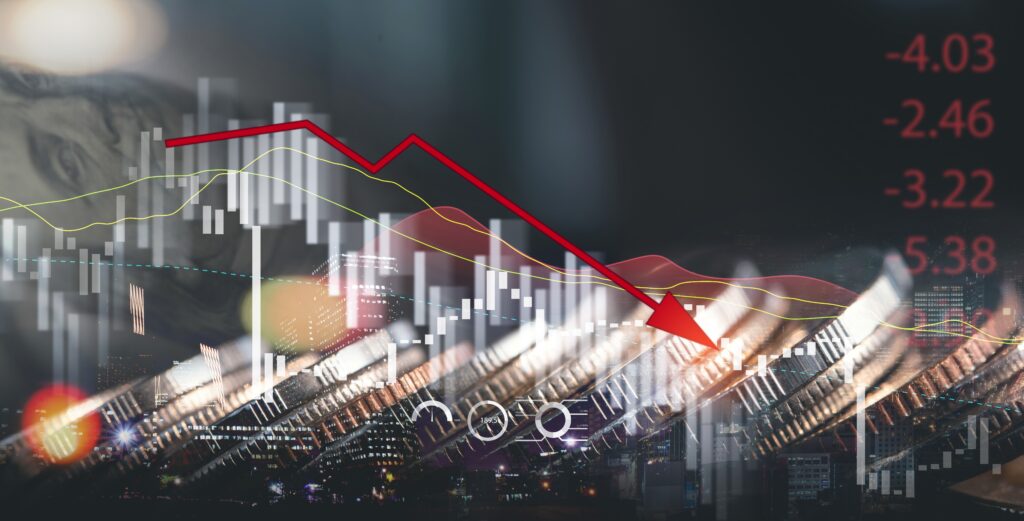The European auto industry is under massive pressure. Short sellers are taking advantage of the uncertainty and deliberately betting on falling prices. Competition from China and high tariffs from the US are putting pressure on manufacturers’ margins. According to the Financial Times, short positions have increased significantly since Trump’s return to the White House. According to S&P Global, the number of shares lent out in the automotive and supplier sectors has risen by 35 percent since the beginning of the year. (manager-magazin: 22.08.25)
Valeo and short sellers in focus
Valeo, in particular, is becoming a focus of short sellers. According to Breakout Point, the French supplier’s stock is among the second most shorted stocks in Europe. The company supplies manufacturers in Europe, the US, and China. However, declining demand, a weak dollar, and intensified competition from China are weighing heavily on the group. Valeo announced that currency effects are expected to cost €750 million.

Weakening demand is also affecting the electric mobility sector. Investors are taking advantage of the tense situation to bet on share price losses. Short sellers see clear opportunities in the interplay of tariffs, currency effects, and competition. The pressure on Valeo reflects the challenges facing the entire automotive industry.
Stellantis and Volvo are in the spotlight
“The automotive industry is in a real crisis,” the head of a London-based hedge fund told the FT. His assessment is shared by many market participants who are also speculating against major stocks in the industry. Stellantis is suffering particularly badly: The group reported significant losses in the first half of the year and warned at the end of July of billions in tariffs.
Volvo is also attracting increasing attention. Analysts report growing interest in short positions against the Swedish manufacturer’s shares. The reasons are the high tariffs and aggressive competition from China. While demand for combustion engines is declining, the transition to electric mobility is progressing only slowly.
Automotive industry under double pressure
The combination of tariffs, falling demand, and increasing competition from China is threatening the stability of the European auto industry. Short sellers are betting that the shares of many manufacturers will continue to decline in value. Margins are shrinking while costs remain unchanged.
The industry is caught between two opposing fronts. On the one hand, further tariffs in the US are looming, while on the other, competition from China is growing with aggressive pricing. European companies are losing market share and simultaneously struggling with complex transitions to electric mobility. Investors are reacting cautiously, while short sellers are deliberately exploiting the weakness.
